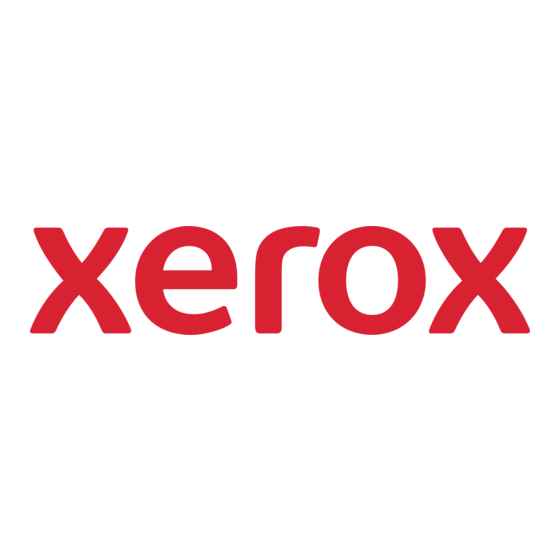Xerox DocuPrint 155 Panduan Pengoperasian - Halaman 20
Jelajahi secara online atau unduh pdf Panduan Pengoperasian untuk Perangkat lunak Xerox DocuPrint 155. Xerox DocuPrint 155 34 halaman. Tape client job submission guide enterprise printing system
Juga untuk Xerox DocuPrint 155: Panduan Pengoperasian (38 halaman), Spesifikasi (2 halaman), Panduan Referensi (2 halaman), Manual Perencanaan (20 halaman), Panduan Referensi (42 halaman), Referensi Cepat (2 halaman), Panduan Tambahan (48 halaman)

